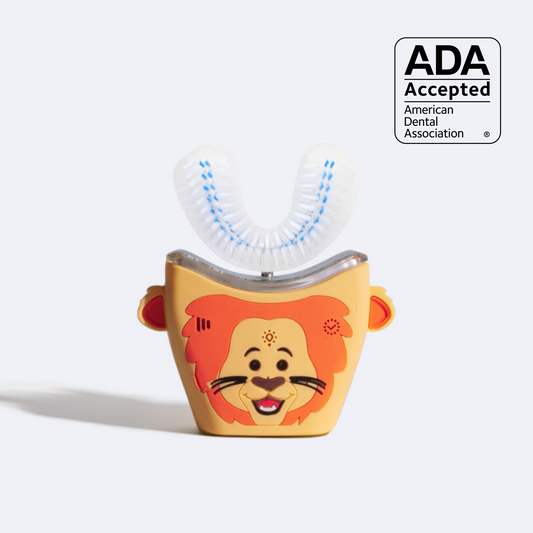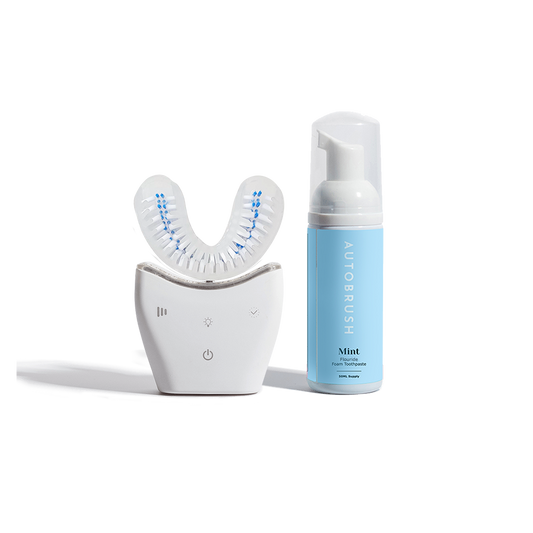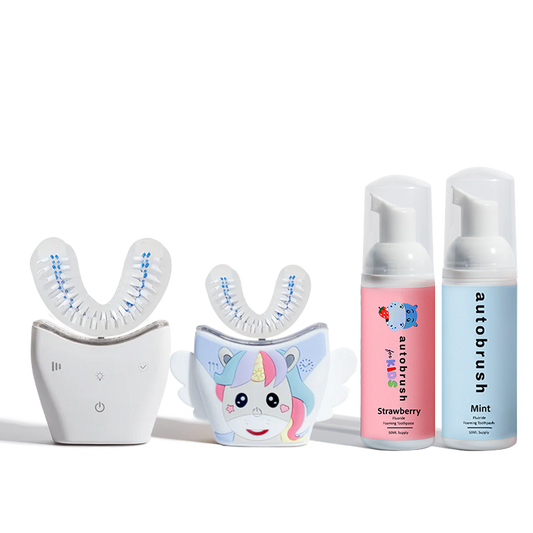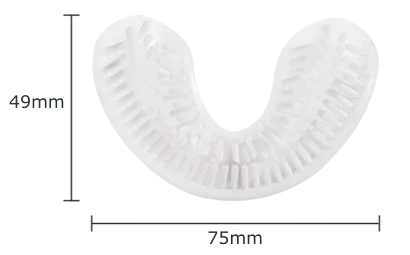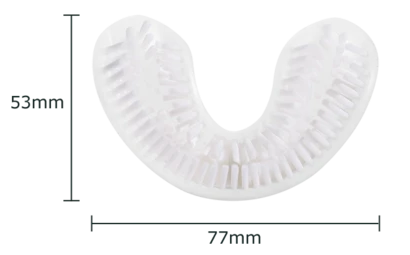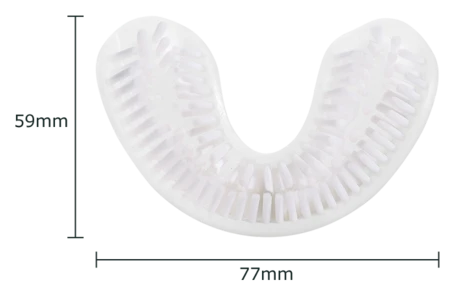We’ve all been there or at least know someone who is afraid of going to the dentist. This is more common in children but is not rare in adults. Over time, we do overcome it but others do not. Their fear is so great that they can go years without ever visiting the dentist or never at all. Even when they do go, it is not a pleasant experience for them. They get nervous and get stressed out just by thinking about it. They might be diligent with their dental hygiene routine but not going to the dentist at least once a year can still cause a lot of dental problems down the line. Experts call this dental anxiety. But what is it exactly and what causes it?
What Is It?
Dental anxiety, also known as dental fear, is the emotional reaction to one or more threatening stimuli in a dental situation. It is the term used to describe the fear, stress and anxiety felt during any dental procedure or situation. This can be triggered by thoughts of the needles and drills used in the dental setting. The idea of having no control of the situation while those instruments are being used on them is also a common thought for those who suffer from this form of fear or anxiety. It can also be triggered by just the mere thought of visiting the dentist. When this type of anxiety is left unchecked, it can lead to an irrational fear of the dentist which will then be classified as dental phobia.

How It Affects Your Oral Health?
Avoiding the dentist can cause minor dental issues to become worse which will require more complex treatment. Most dental diseases are lifestyle-related and a simple visit to the dentist would allow you to learn how to properly care for your teeth. It is a win-win situation as not only are you getting valuable advice, but you’d be able to prevent existing dental problems from getting worse.
How To Manage It?
Talking to your dentist is the best course of action. Discuss what triggers the anxiety so your dentist can work out a treatment plan for you. Other techniques like deep breathing, meditation and listening to music can also help. Oral anxiety-relieving medication can also be prescribed by dentists to help calm their patients. Nitrous oxide, also known as laughing gas, can be used during a dental procedure. This can give the patient a relaxed sensation which helps with the anxiety.


















